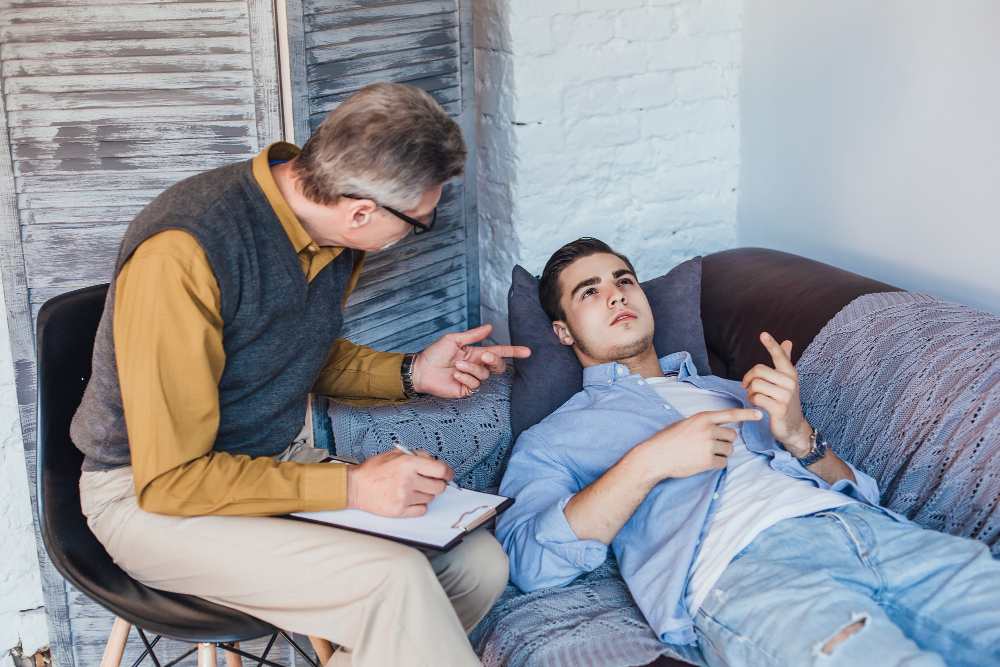
Brooklyn, NY Drug & Alcohol Rehab Center: Local Resources
Local Resources & Information for Addiction Treatment If you are in the Brooklyn area and need help now.

Local Addiction Treatment at a Brooklyn Center
Substance abuse is a pervasive problem that affects urban areas across the United States. Brooklyn is one of those areas, and unfortunately, it’s no exception. However, despite the challenges presented by addiction, there is hope for individuals or family members suffering from substance abuse.
With the right healthcare and resources, residents of Brooklyn who are struggling with substance use disorders can find the guidance, support, and drug abuse treatment they need to overcome the obstacles standing in their way.
Whether it’s through inpatient or outpatient rehabilitation programs, counseling, medication-assisted treatment, or support groups, there are many paths to healing and recovery available in Brooklyn.
Types of Addiction Treatment in Brooklyn, NY
For anyone suffering from addiction, it’s important to find the right treatment program that works for them. In Brooklyn, there is a range of treatment and support services available for referral, specifically tailored to address individual needs and preferences. From detox and intensive outpatient programs to aftercare and relapse prevention, the best approach is to plan a full continuum of care from day one.
How to Choose a Recovery Center in Brooklyn, New York
When searching for substance abuse treatment in Brooklyn, NY, you should consider several factors to ensure that you find a facility that is best suited to your needs.
Whether you’re suffering from alcohol or drug addiction, here are some key factors to consider when choosing an addiction treatment center:
-
Accreditation
Look for a center that has been accredited by an independent organization such as The Joint Commission or the Commission on Accreditation of Rehabilitation Facilities (CARF). Accreditation ensures that the treatment center meets certain standards of care and has undergone a thorough review process.
-
Treatment approach
Different rehab centers may utilize various inpatient and outpatient treatment approaches, such as group therapy, individual therapy, or medication-assisted treatment. Consider what kind of treatment approach will be most effective for your specific needs. Research the medical center’s treatment philosophy and approach and look for one that aligns with your goals.
-
Staff qualifications
The staff, clinicians, and healthcare providers should be highly qualified and experienced in substance abuse treatment. Look for a rehabilitation center that employs outreach counselors, therapists, and medical professionals such as doctors and nurses who specialize in addiction treatment.
-
Cost and Insurance
Of course, the cost is a crucial factor to consider when choosing a rehab center and treatment plan. Look for a facility that offers transparent pricing and accepts your health insurance (if you have it) or provides other payment options.
-
Location
Consider how important the location of the rehab center is to you. Some people prefer a facility close to home, while others want to travel for residential treatment to avoid potential distractions and ensure their well-being.
Sober Living Houses in Brooklyn, NY
Sober living houses in Brooklyn are an increasingly popular option for individuals in recovery from drug and alcohol addiction. These homes provide a safe and supportive environment that is free from drugs and alcohol, making it a space for residents to continue their recovery journey.
Within the sober and transitional living landscape, one study found that abstinence rates at 6, 12, and 18 months were reported at 40%, 45%, and 42% – more than double the baseline (20%).[3]
Sober living houses will have certain rules and regulations in place that residents must follow, creating a sense of accountability that helps individuals develop a routine and a sense of structure.
The supportive environment, structure, and accountability that sober living houses provide have been linked to lower relapse rates, making them an effective option for individuals looking to eliminate their alcohol use over the short term and long term while minimizing setbacks in their recovery process.
Contact Admissions Today

Emergency Services for Addiction in Brooklyn
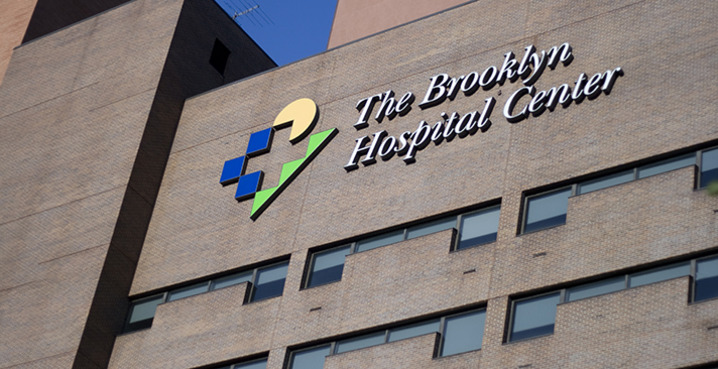
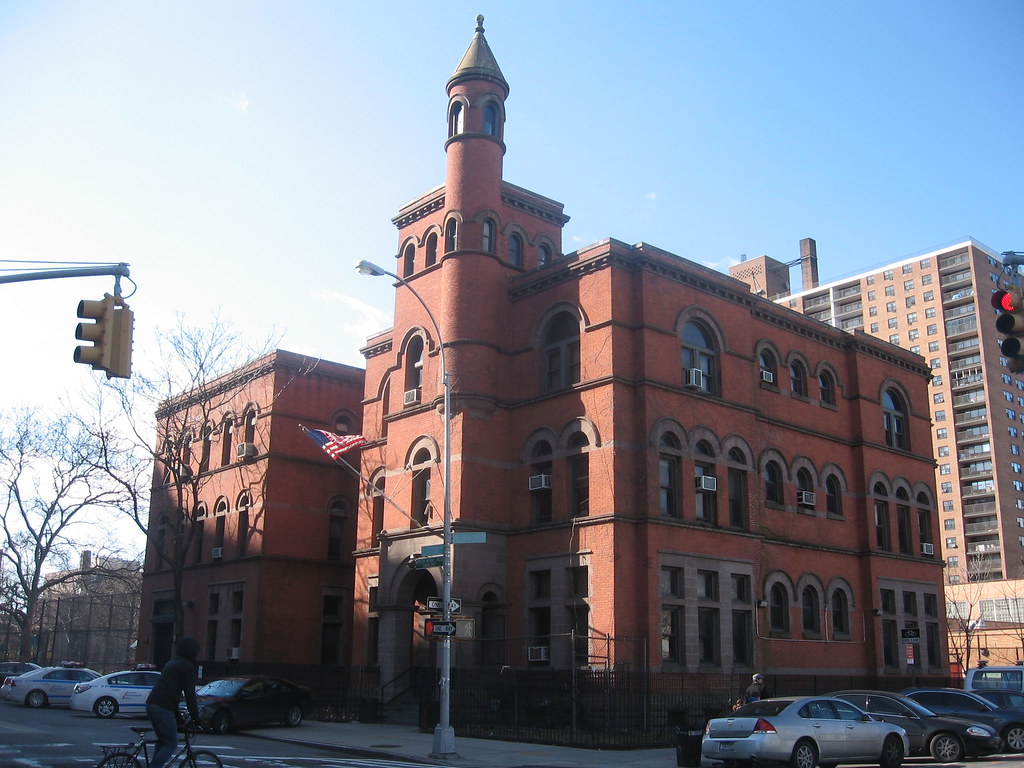
New York City Police Department - 88th Precinct
298 Classon Ave, Brooklyn, NY 11205
Open 24 Hours
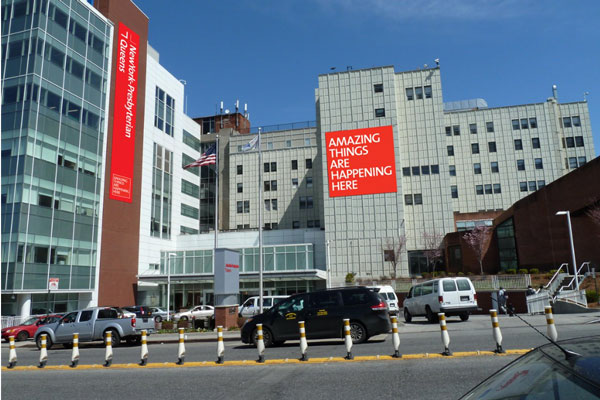
NewYork-Presbyterian Brooklyn Methodist Hospital
506 6th St, Brooklyn, NY 11215
Open 24 Hours
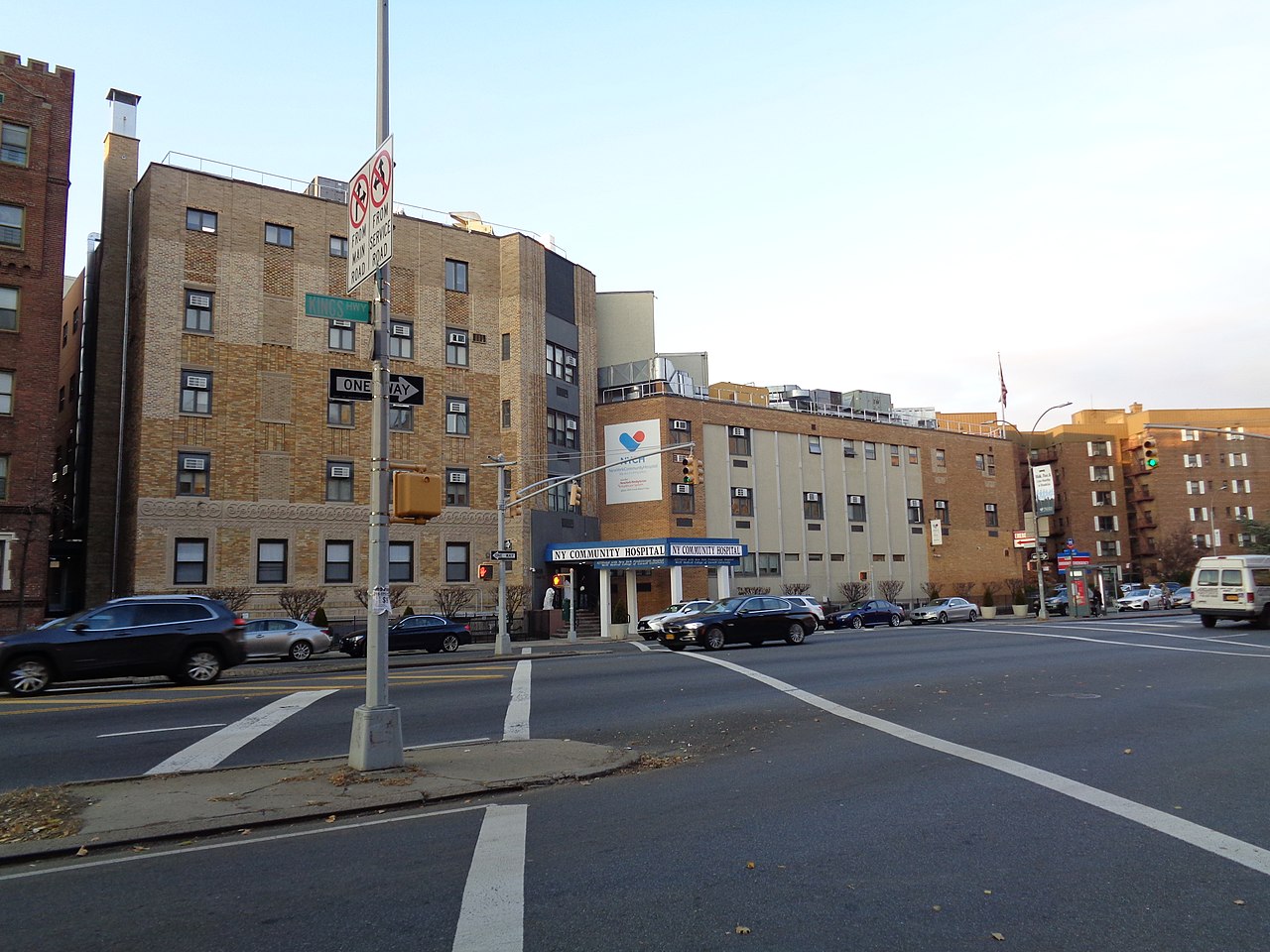
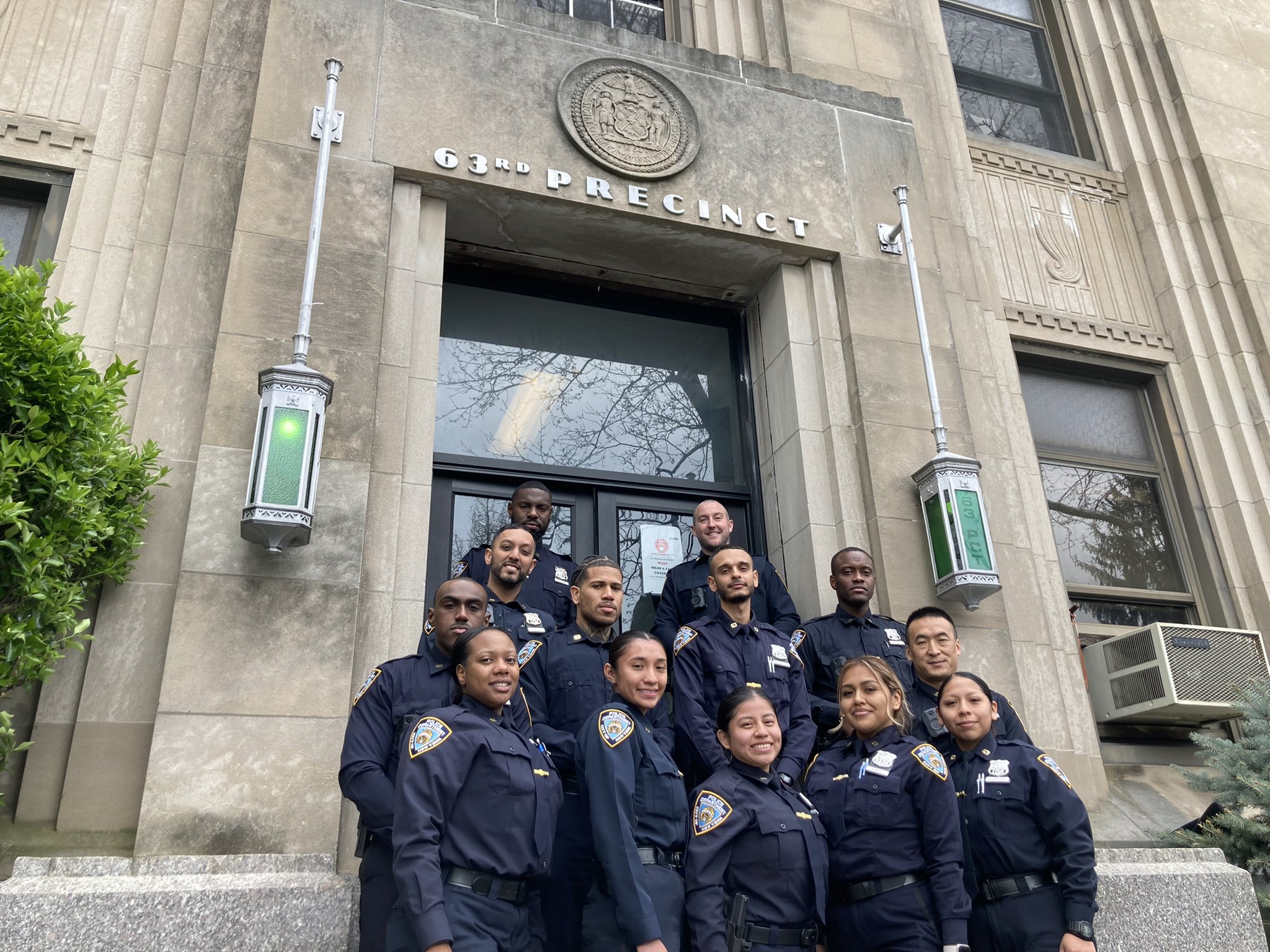
New York City Police Department - 63rd Precinct
1844 Brooklyn Ave, Brooklyn, NY 11210
Open 24 Hours
Community Resources for Mental Health & Addiction

Local Stats You Need to Know
Brooklyn, like many other communities nationwide, has felt the impact of the opioid epidemic. This borough reported the highest increase in overdose death rates, going from 27 per 100,000 people to 32 per 100,000 people.[4]
In 2022, there were 3,026 New Yorker overdose deaths – that works out to 8.2 per day – surpassing the number of suicides (1 every 16 hours).[5] Fentanyl is the most dangerous and most common substance present in overdose deaths, appearing in 81% of fatal overdose victims.[6]
Help for Addiction in Brooklyn
If you’re struggling with an addiction, help is available. The borough has a variety of treatment options and resources for individuals who are seeking substance abuse treatment in Brooklyn, NY. Call us today to learn more and get connected with the right help for your specific needs.

Paying for Treatment in Brooklyn
Brooklyn has an array of addiction treatment options that cater to different financial situations. Depending on your insurance, you can access affordable or even free resources that can help you or your loved one overcome addiction. It’s essential to research and weigh all options before committing to a particular type of care.
Multiple healthcare insurance providers offer addiction treatment coverage in Brooklyn. Some popular names in the area include Aetna, Blue Cross Blue Shield, Cigna, Magellan, Optum, Humana, and Ambetter BlueShield. We always recommend that you check with your insurance provider to better understand the extent of your coverage and the resources that are available to you.
Frequently Asked Questions About Attending Rehab in Brooklyn
The most common types of addiction treatment in Brooklyn include inpatient and outpatient services, medication-assisted treatment (MAT), detoxification programs, counseling services, 12-step meetings, and peer support groups. It is important to note that there are many other options available depending on the individual’s needs.
The cost of addiction treatment in Brooklyn may vary depending on several factors, including the type of treatment, whether you need short-term or long-term care and insurance coverage. It’s important to check with your treatment provider for exact estimates and costs associated with different types of care.
It depends on the individual’s needs. Inpatient programs provide 24/7 access to care and may be necessary for more severe cases of addiction. However, there are also other treatment options, such as outpatient services and medication-assisted treatments, that can be effective for both long-term and short-term rehabilitation care.
There are numerous support groups available in Brooklyn for individuals seeking addiction recovery. AA and NA meetings are widely available throughout the borough, as well as other programs such as SMART Recovery and Celebrate Recovery. It’s important to research different types of support groups to see which one is right for you.
Other Nearby Locations
[1] Cognitive behavioral therapy – informedhealth.org – NCBI bookshelf. (n.d.). Retrieved from https://www.ncbi.nlm.nih.gov/books/NBK279297/
[2]McHugh, R. K., Hearon, B. A., & Otto, M. W. (2010, September). Cognitive behavioral therapy for Substance Use Disorders. The Psychiatric clinics of North America. https://www.ncbi.nlm.nih.gov/pmc/articles/PMC2897895/
[3] Polcin, D. L., Korcha, R., Bond, J., & Galloway, G. (2010, December). What did we learn from our study on sober living houses and where do we go from here? Journal of psychoactive drugs. Retrieved from https://www.ncbi.nlm.nih.gov/pmc/articles/PMC3057870/
[4][5][6]New York City Department of Health and Mental Hygiene. (2023, September). Unintentional Drug Poisoning (Overdose) Deaths in New York City in 2022. https://www.nyc.gov/assets/doh/downloads/pdf/epi/databrief137.pdf
